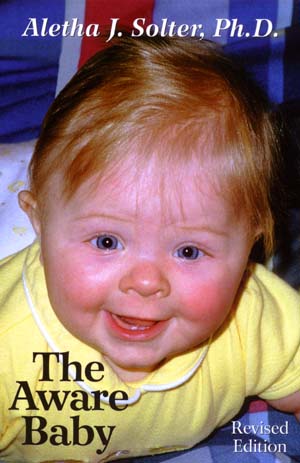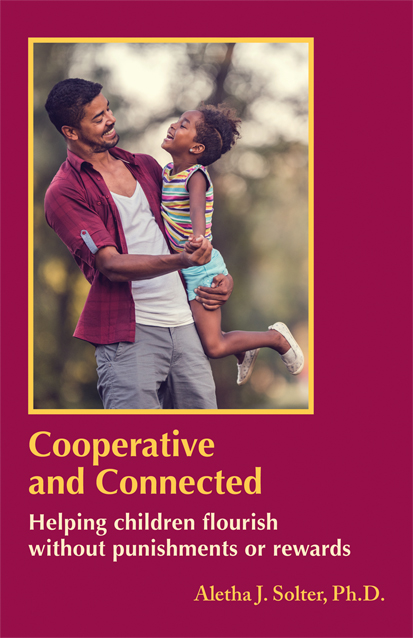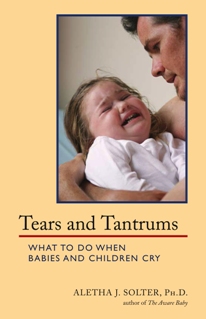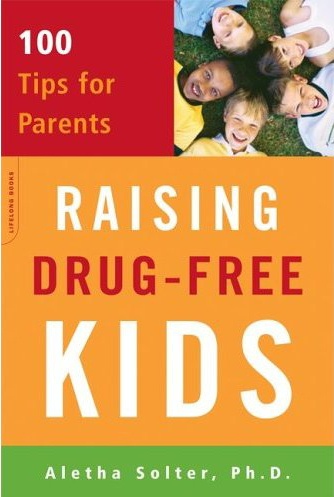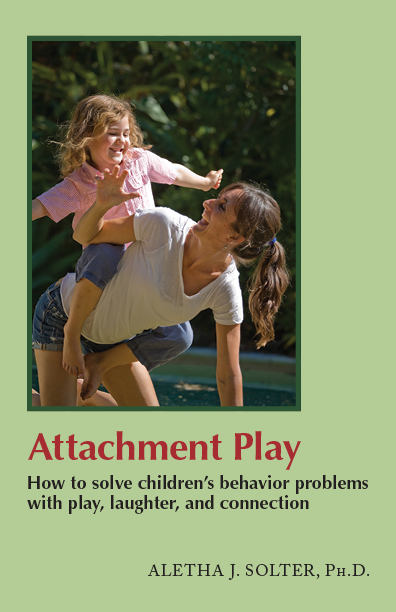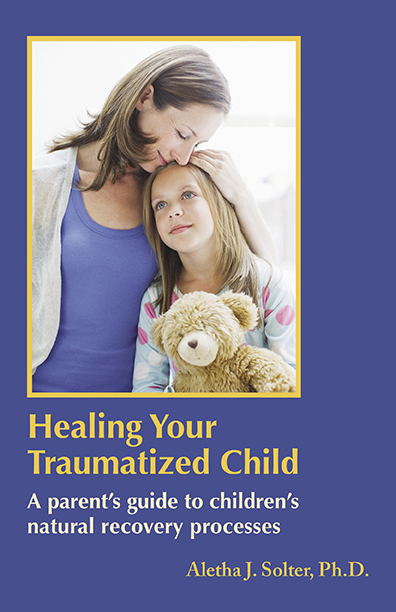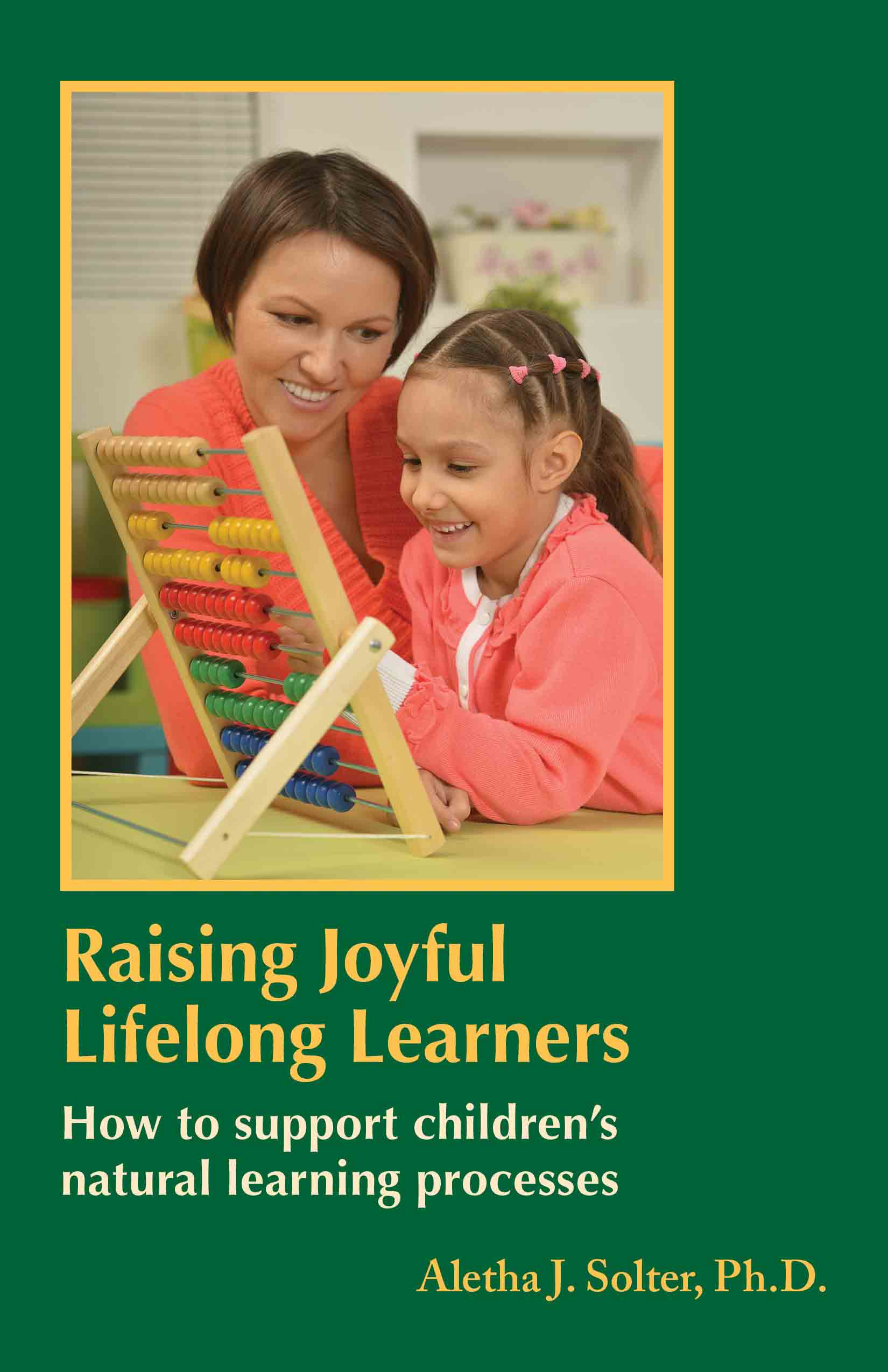The Ten Principles of Aware Parenting
by Aletha Solter, Ph.D.
See also The four basic assumptions of Aware Parenting
See also The three aspects of Aware Parenting
Click here for a two-page printable summary of the Aware Parenting philosophy
(the three aspects and the ten principles)
1. Aware parents fill their children's needs for physical contact (holding, cuddling, etc.). They do not worry about "spoiling" their children.
2. Aware parents accept the entire range of emotions and listen non-judgmentally to children's expressions of feelings. They realize that they cannot prevent all sadness, anger, or frustration, and they do not attempt to stop children from releasing painful feelings through crying or raging.
3. Aware parents offer age-appropriate stimulation, and trust children to learn at their own rate and in their own way. They do not try to hurry children on to new stages of development.
4. Aware parents offer encouragement for learning new skills, but do not judge children's performance with either criticism or evaluative praise.
5. Aware parents spend time each day giving full attention to their children. During this special, quality time, they observe, listen, respond, and join in their children's play (if invited to do so), but they do not direct the children's activities.
6. Aware parents protect children from danger, but they do not attempt to prevent all of their children's mistakes, problems, or conflicts.
7. Aware parents encourage children to be autonomous problem-solvers and help only when needed. They do not solve their children's problems for them.
8. Aware parents set reasonable boundaries and limits, gently guide children towards acceptable behavior, and consider everyone's needs when solving conflicts. They do not control children with bribes, rewards, threats, or punishments of any kind.
9. Aware parents take care of themselves and are honest about their own needs and feelings. They do not sacrifice themselves to the point of becoming resentful.
10. Aware parents strive to be aware of the ways in which their own childhood pain interferes with their ability to be good parents, and they make conscious efforts to avoid passing on their own hurts to their children.
Czech version
Dutch version
French version
German version
Italian version
Romanian version
Spanish version
Aware Parenting Books by Aletha Solter, Ph.D.
